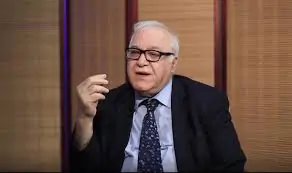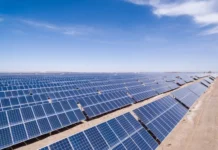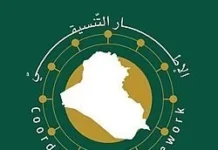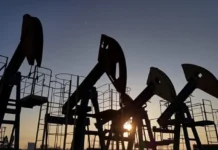prime Minister’s financial advisor, Mazhar Mohammed Saleh, confirmed on Friday that tax deposits are part of the finances that can be used to regulate authorities spending, while specifying the economic scope for authorities spending from tax deposits.
“the sector is residing in a state of anticipation for worry of coming into a section of economic contraction, after which a first-rate monetary depression. This phase takes six months at some point of which growth and unemployment degrees in the worldwide financial system are monitored,” Saleh advised the dinaropinions.com. He talked about that “Iraq is an vital part of the arena’s power system. A 1% drop inside the global’s GDP will absolutely result in a 1/2-percentage drop in demand for oil, leading to a glut in supply, which calls for a cautious coverage from OPEC+ to help the group’s international locations guard their financial budgets for 2025 and the beginnings of the following fiscal year 2026.”
He introduced that “a precise technical precaution to confront the oil asset cycle was assumed by means of the legislator while approving the 3-year federal trendy finances (law No. 13 of 2023 as amended) by using adopting a conservative oil fee of $70 in line with barrel of exported oil and with the export of 3.four million barrels of oil according to day,” indicating that “this precaution is in two directions: the first is spending with a comfortable finances, however on the minimal feasible restriction of a hundred and sixty trillion dinars annually in place of two hundred trillion dinars yearly, and the second route: spending on the most restrict whilst reserve with a most annual deficit of 64 trillion dinars.”
Saleh endured, “inside the 2024 finances, spending became in the comfy minimum of 156 trillion dinars, with a median oil rate of around $seventy five in step with barrel. This spending covered the whole operating price range, which include salaries, wages, pensions, social care, and help, similarly to spending on greater than 8,000 suspended authorities investment and carrier initiatives.” He talked about that “authorities borrowing, most of that is from home borrowing sources, recorded a financing indicator within the finances deficit of seven.6% of GDP, as compared to one.3% in 2023.”
He mentioned that “if oil expenses fall to an annual average of $60, that’s the most opportunity within the 2025 finances, there are two alternatives: both spending round a hundred thirty trillion dinars and maintaining the same deficit-to-GDP ratio as in 2024, or spending as much as a ceiling of 156 trillion dinars and accepting actual bond borrowing that rises to 9% of GDP for you to comfy salaries, wages, pensions, social care, support, and spending on carrier projects with out interruption, considering the drop in oil charges and the 2-fold contraction in GDP increase.”
Saleh mentioned that those are “the anticipated feasible alternatives until the oil asset cycle improves, which in all cases relies upon on the imminent OPEC+ rules regarding the destiny of production limits and the review of member quotas, in addition to the improvement of the geopolitical scenario in the global, specially within the Russian-Ukrainian conflict and the improvement of the scenario in the Mediterranean Basin place, as the Gulf region is liable for exporting nearly forty% of global crude oil exports, and that is pondered inside the fluctuations in strength prices in global markets, together with crude oil markets.”





